It’s happened before it will happen again, but the discovery of a dead bird in a store-bought salad still has a gross factor, regardless of biological realities.
According to the Mail Online, James, 30, and Jasmine Watson, 32, of Yate, Gloucestershire, made the grisly find in a £1.50 bag of the  supermarket’s Babyleaf Rocket Salad when they began eating in dimmed light.
supermarket’s Babyleaf Rocket Salad when they began eating in dimmed light.
The five-inch bird, which Tesco later identified as a Blackcap European warbler, was inside the salad which Mrs Watson had ordered from the supermarket’s website three weeks ago on January 30.
The couple went into their local Tesco Extra store to complain – and a manager visited their home to remove the bird. The supermarket later apologized and offered a £200 gift card as compensation.
Mr Watson said, We had the food delivery a couple of days before and then had gone out for a few drinks on the Friday evening. We came back and were preparing dinner in the kitchen.
“My wife was cooking some scallops and steak and I prepared the salad. I opened the bag, tipped it into a salad bowl and cut up some  other salad bits and put them on top.
other salad bits and put them on top.
“Then I served the salad on some plates. We sat down at the breakfast bar and only had a few low lights on so we were effectively eating by candlelight.
“I took three mouthfuls and then saw it. My first reaction was why have I got a soggy fishcake on my plate? But this was a full-size dead bird.”
A Tesco spokesman said, “We were concerned to learn of this issue and have investigated thoroughly with our supplier.
“Both we and our suppliers have robust measures in place to prevent incidents such as this, and our salad leaves go through complex filtering and washing systems.
“We have been in contact with our customer to reassure them how seriously we have taken this matter, and offered them a gesture of goodwill.”
But Mr Watson said, “I want to know how it happened. I would really like someone from Tesco to sit down and explain me how an animal so large got into a bag of salad not so large.”
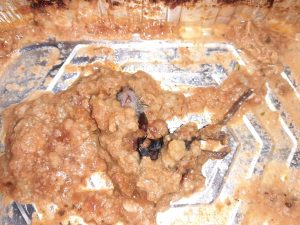 A Tesco shopper has claimed she became physically sick for several hours after she found a dead mouse in an Italian chicken tray bake.
A Tesco shopper has claimed she became physically sick for several hours after she found a dead mouse in an Italian chicken tray bake.
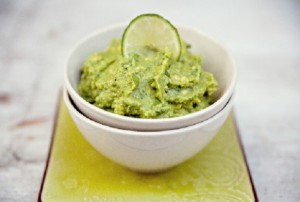
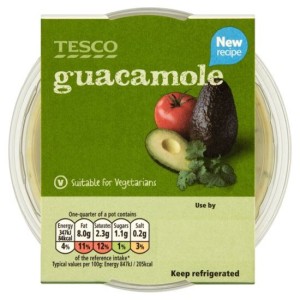
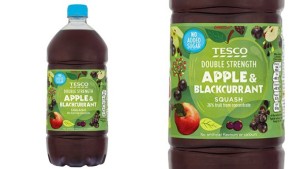





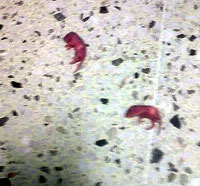 decided not to shut the store down.
decided not to shut the store down. No matter what method or etiquette is used, it simply must be done during the workday. That leaves many wondering, how much time and money is spent doing your business in the bathroom?
No matter what method or etiquette is used, it simply must be done during the workday. That leaves many wondering, how much time and money is spent doing your business in the bathroom? .jpg) One organization seems to be doing the exact opposite; they’ll pay people to poop. The Environmental Studies Program at Oberlin College held an event last fall entitled the “
One organization seems to be doing the exact opposite; they’ll pay people to poop. The Environmental Studies Program at Oberlin College held an event last fall entitled the “